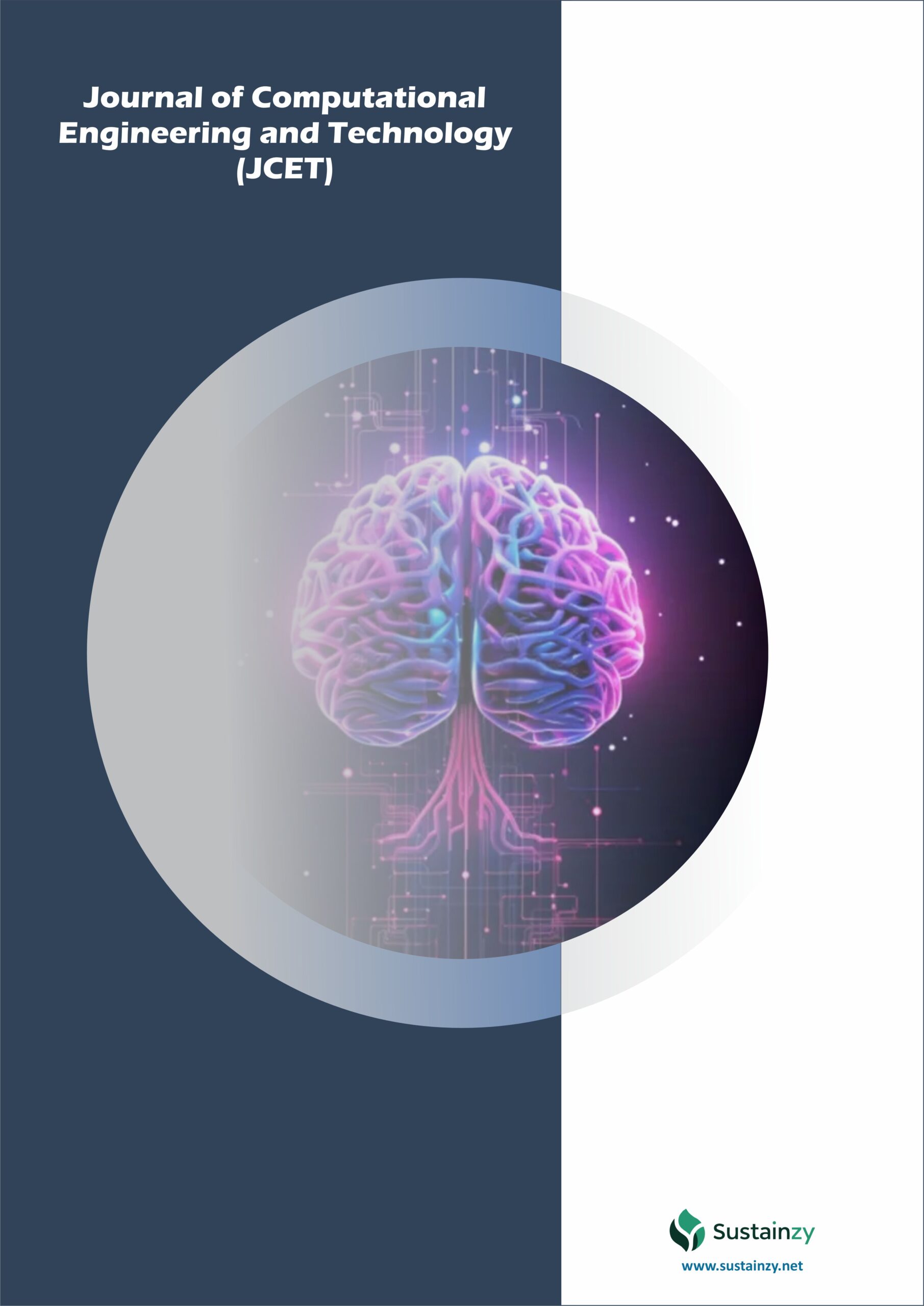Author Guidelines
- Scope and Article Types
JES welcomes original research articles, reviews, case studies, and perspectives that contribute to sustainable solutions across various domains, including environmental sustainability, social equity, economic development, urban resilience, renewable energy, and sustainable agriculture.
- Manuscript Preparation
- Title Page: Include a concise and informative title (fewer than 90 characters), full names of all authors, their institutional affiliations, and the corresponding author’s contact information.
- Abstract: Provide a structured abstract summarizing the problem statement, objectives, methods, key findings, and significance of the research, not exceeding 250 words.
- Impact Statement: Present an impact statement in lay language, highlighting the novelty and significance of the work to a broad audience, limited to 100 words.
- Keywords: List up to five keywords below the impact statement.
- Main Text: Structure the manuscript with the following sections:
- Introduction: Introduce the background, knowledge gaps, questions, hypotheses, and objectives of the research.
- Materials and Methods: Describe materials, procedures, and methods in sufficient detail to allow reproduction.
- Results: Summarize the main findings of the research.
- Discussion: Interpret the results, relate them to other work, and highlight the novelty and significance of the research.
- Conclusion: Summarize the main conclusions and recommendations.
- Acknowledgments: Recognize individuals who contributed to the work but do not meet authorship criteria and list funding sources.
- References: Use the Vancouver reference style, numbering references in the order they are cited in the text.
- Formatting Guidelines
- Manuscript Length: Original research articles should be between 5,000 and 8,000 words, excluding the abstract, tables, and references.
- Text Formatting: Use Times New Roman or Arial font, size 12, double-spaced, with 1-inch margins on all sides.
- Figures and Tables: Ensure high-quality figures and tables with clear labels and brief captions.
- Ethical Considerations
- Authorship: Only individuals who have made significant contributions to the research should be listed as authors.
- Conflicts of Interest: Authors must declare any potential financial and/or non-financial conflicts of interest in the cover letter and manuscript. If no conflicts exist, state, “The authors declare no conflicts of interest.”
- Use of AI and AI-assisted Technologies: While AI tools may assist in improving readability and language, they should not perform key researcher tasks such as producing scientific insights, analyzing data, or drawing conclusions. The use of AI tools must be disclosed in the manuscript.
- Submission Process
Manuscripts should be submitted electronically through the journal’s online submission system. Ensure all required documents, including text, figures, tables, and supplementary materials, are included.
- Review Process
Submitted manuscripts undergo rigorous peer review by experts in the field. Authors can expect timely and constructive feedback, and revisions may be required before acceptance.
- Open Access Policy
JCET operates under a gold open-access model, making all articles freely available immediately upon publication without subscription fees. Article Processing Charges (APCs) apply, with potential waivers or discounts for authors from low-income countries or those facing financial hardship.
For further assistance, please contact the managing editor: info@sustainzy.net


